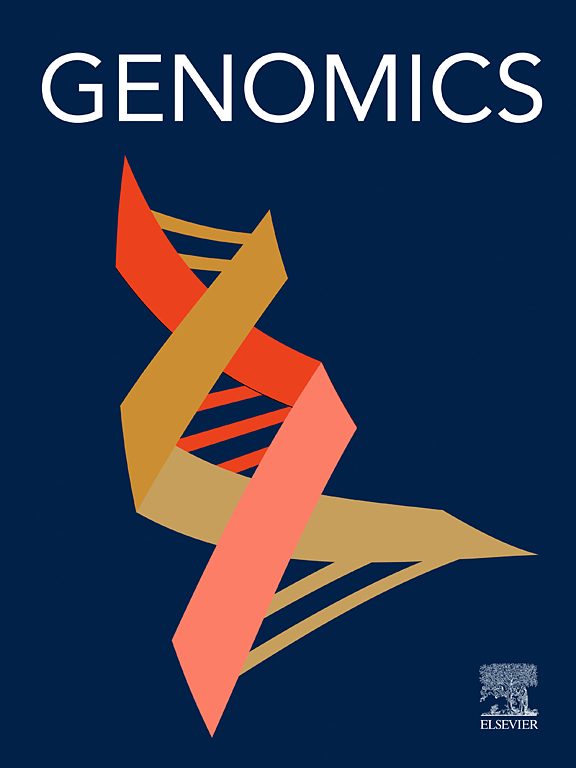ARF3 as a novel biomarker and target in acute myeloid leukemia: Insights from pan-cancer analysis
IF 3
2区 生物学
Q2 BIOTECHNOLOGY & APPLIED MICROBIOLOGY
引用次数: 0
Abstract
Acute myeloid leukemia is a malignant hematologic disorder characterized by the excessive proliferation and accumulation of immature myeloid cells. This abnormality disrupts normal hematopoiesis, leading to symptoms such as anemia, increased susceptibility to infections and bleeding. ADP-ribosylation factors (ARFs) are critical in various cellular functions, including vesicular trafficking, membrane dynamics, cytoskeleton organization, signal transduction, endocytosis, exocytosis, and maintaining organelle integrity. Among ARF family members, ARF3 has garnered relatively less attention compared to other members like ARF1 and ARF6, leaving its role less understood. In this study, we found that the higher expression of ARF3 is correlated with poorer prognosis in AML patients. Silencing ARF3 in AML cells interrupted cell cycle progression and promote cell death as well as inhibit leukemogenesis in vivo. Mechanically, ARF3 knockdown suppressed AML progression by inhibiting PI3K/Akt signaling pathway. Our results indicate that ARF3 is linked to poor outcomes in AML patients and can serve as a potential therapeutic target for AML treatment.
ARF3作为急性髓系白血病的新生物标志物和靶点:来自泛癌症分析的见解。
急性髓系白血病是一种以未成熟髓系细胞过度增殖和积累为特征的恶性血液系统疾病。这种异常会破坏正常的造血功能,导致贫血、易感染和出血等症状。adp -核糖基化因子(ARFs)在各种细胞功能中起着至关重要的作用,包括囊泡运输、膜动力学、细胞骨架组织、信号转导、内吞作用、胞吐作用和维持细胞器完整性。在ARF家族成员中,与ARF1和ARF6等其他成员相比,ARF3获得的关注相对较少,因此对其作用的了解较少。在本研究中,我们发现ARF3的高表达与AML患者预后较差相关。在体内,在AML细胞中沉默ARF3可中断细胞周期进程,促进细胞死亡,并抑制白血病的发生。机械上,ARF3敲低通过抑制PI3K/Akt信号通路抑制AML进展。我们的研究结果表明,ARF3与AML患者的不良预后有关,可以作为AML治疗的潜在治疗靶点。
本文章由计算机程序翻译,如有差异,请以英文原文为准。
求助全文
约1分钟内获得全文
求助全文
来源期刊

Genomics
生物-生物工程与应用微生物
CiteScore
9.60
自引率
2.30%
发文量
260
审稿时长
60 days
期刊介绍:
Genomics is a forum for describing the development of genome-scale technologies and their application to all areas of biological investigation.
As a journal that has evolved with the field that carries its name, Genomics focuses on the development and application of cutting-edge methods, addressing fundamental questions with potential interest to a wide audience. Our aim is to publish the highest quality research and to provide authors with rapid, fair and accurate review and publication of manuscripts falling within our scope.
 求助内容:
求助内容: 应助结果提醒方式:
应助结果提醒方式:


